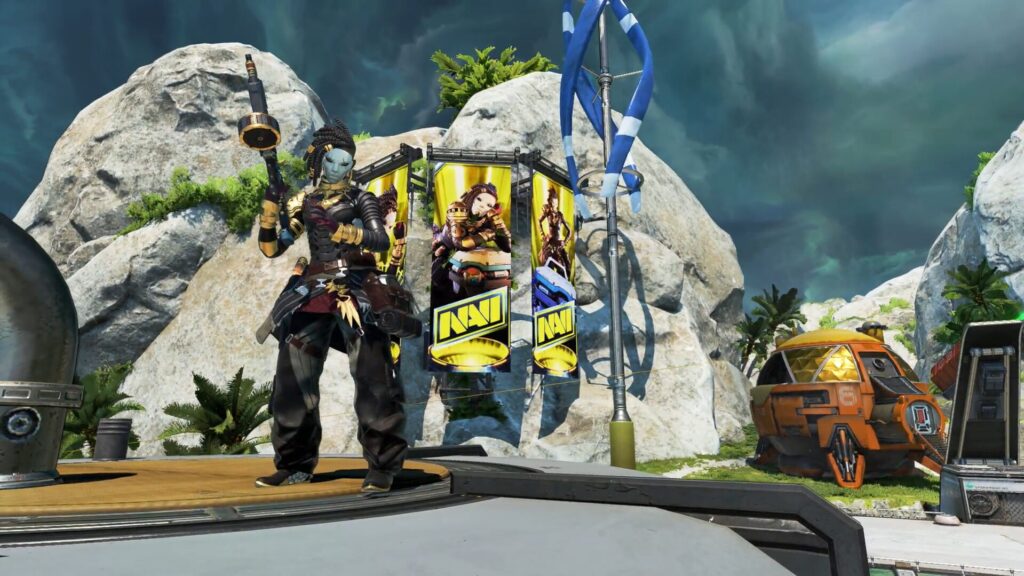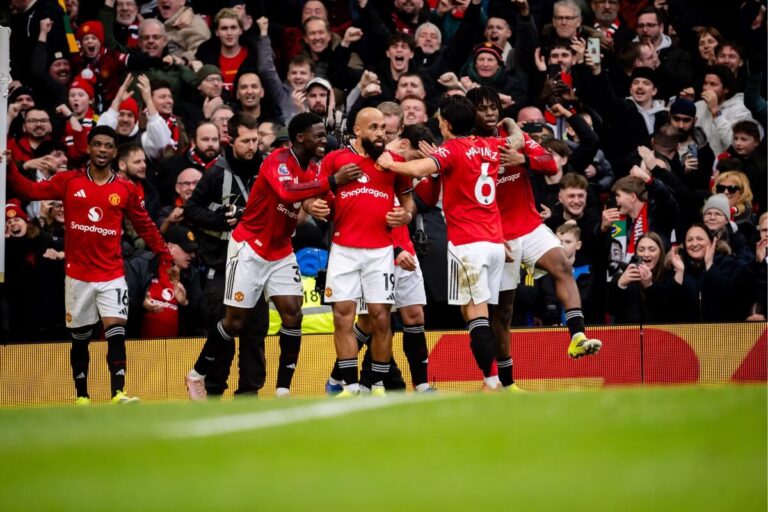Apex Legends match predictions : Predicting an Apex Legends match isn’t simply about naming the best team—it’s about decoding the ever-shifting meta. Analysts must constantly adapt as new Legends rise, old favorites return, and balance updates change the rhythm of the battlefield. For instance, the rise of defensive setups featuring Catalyst and Gibraltar in Storm Point has altered how teams approach rotations and third-party scenarios. Predictors now weigh zone control and positioning as heavily as mechanical skill. Understanding patch notes, legend pick rates, and team comfort zones is the first step in constructing an accurate prediction.
Quick Look
The Psychology Behind Team Momentum – Apex Legends match predictions

Momentum and morale often dictate victory as much as mechanical prowess. A team like Alliance, for example, may enter a Pro League weekend on a confidence high after a previous win, boosting coordination and risk-taking. On the flip side, underperforming teams like NAVI might adopt safer, point-focused playstyles to regain form. Analysts frequently highlight these psychological shifts—momentum, tilt, and recovery—as indicators of future success. Predictors look for patterns in how teams bounce back from adversity, or whether they crumble under pressure, shaping forecasts beyond mere statistics.
Data-Driven Predictions and Real-Time Adjustments

Modern Apex Legends analysis blends emotion with data. Platforms like ALGS Stats Hub and Liquipedia provide real-time kill counts, zone closures, and placement averages—giving forecasters the data backbone they need. For instance, teams like Team Falcons or NRG often top prediction charts due to their consistently high KP (kill point) averages and endgame control. However, data can mislead when context is ignored—a team may perform well statistically but falter in Match Point formats where composure and adaptability outweigh aggression. True experts balance metrics with situational awareness, updating predictions as tournaments unfold.
Fan Communities and Influencer Forecasts – Apex Legends match predictions

While data scientists and analysts bring structure, fans and influencers bring energy and perspective. Popular content creators like NiceWigg or TSM ImperialHal often share intuitive predictions based on player form, scrim performance, and even personality dynamics. Reddit threads and Discord discussions thrive on these debates—sometimes surprisingly accurate, sometimes hilariously off. Fan sentiment also impacts betting markets and social buzz, indirectly influencing how organizations and analysts frame upcoming matches. These passionate communities remind us that predictions are as much about culture as they are about competition.
Balancing Risk and Reality – Apex Legends match predictions

The best Apex Legends match predictions walk a fine line between logic and faith. Acknowledging unpredictability is part of the process—one well-timed Kraber shot or a misread zone rotation can upend even the most data-backed forecast. The unpredictability of battle royale formats keeps the scene thrilling; no algorithm can account for raw clutch performances like Genburten’s 1v3 or a surprise comeback from underdog squads like FUL. Analysts often hedge predictions by offering multiple scenarios—“if Falcons dominate early rotations, they win; if 100 Thieves survive late game chaos, expect an upset.”
Conclusion: The Beauty of Uncertainty in Esports
Apex Legends predictions, no matter how refined, can never fully tame chaos. The beauty lies in that uncertainty—each match a blend of calculation and surprise. Whether driven by analytics, intuition, or sheer fandom, forecasting the next winner connects communities across the world. It turns every drop, rotation, and clutch moment into a shared conversation about possibility. In the end, Apex Legends remains a game where both players and predictors chase perfection in an arena built on unpredictability.





